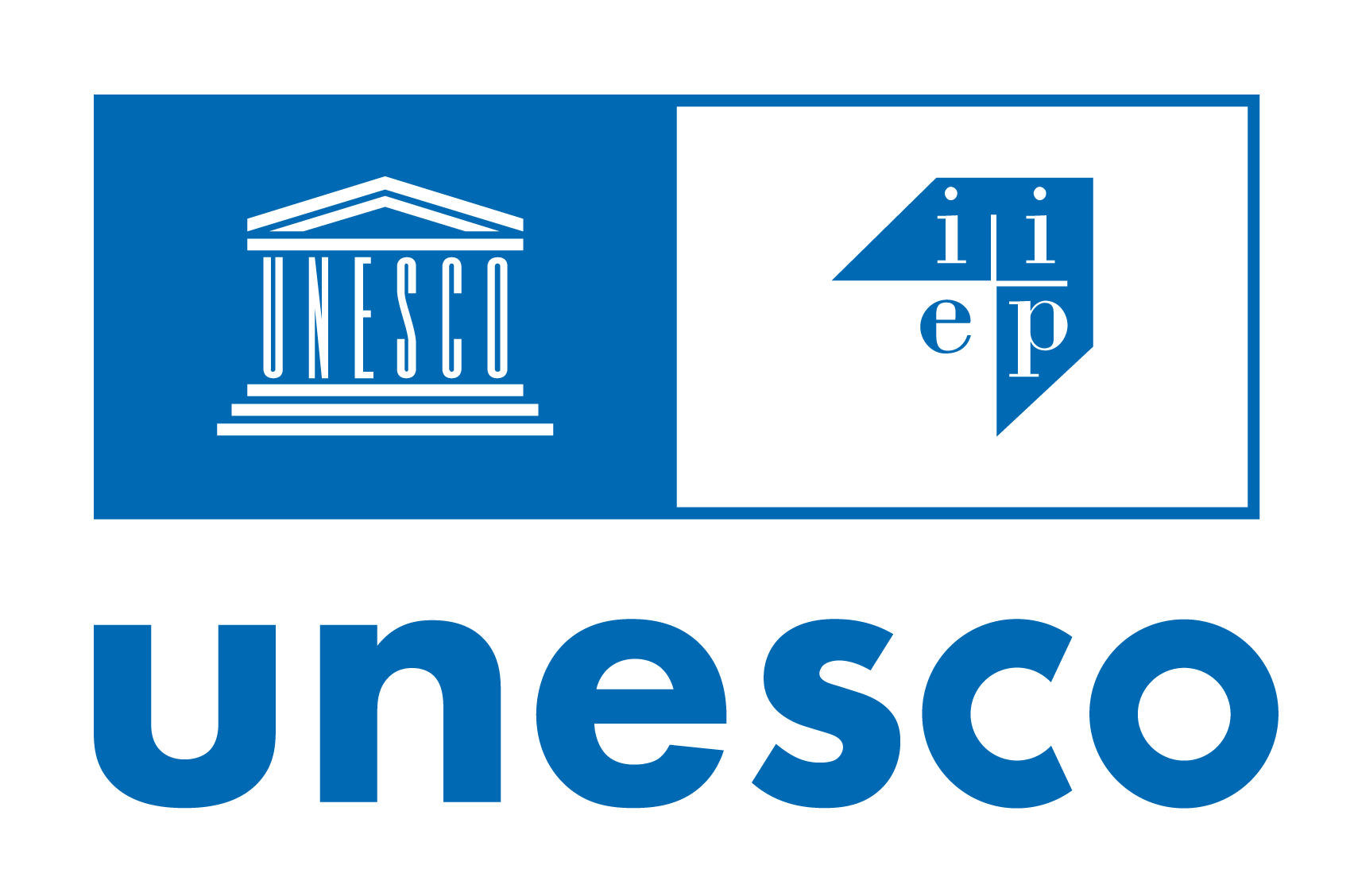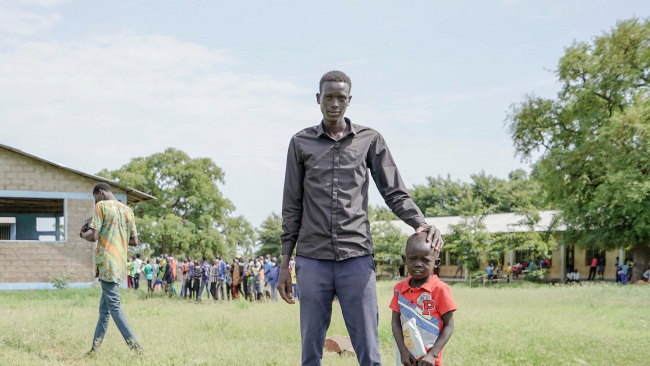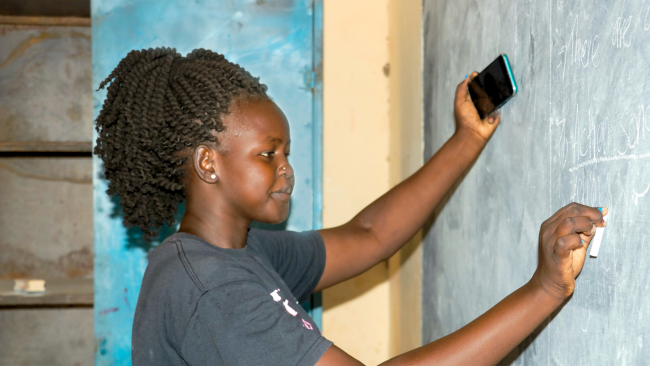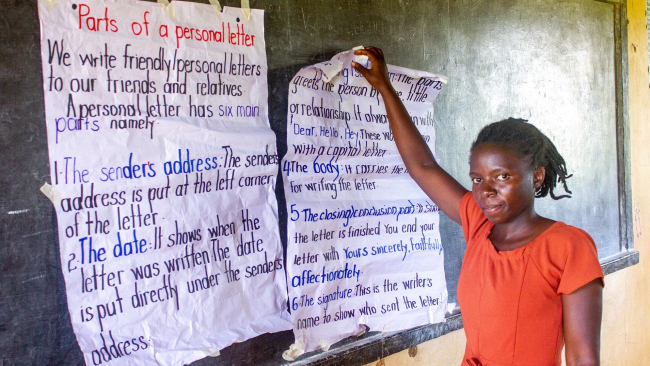In: International perspectives on school settings, education policy and digital strategies: a transatlantic discourse in education research
Education is universally presented to migrant and refugee youth and their families as a panacea to help them transition smoothly into their new communities (Wisemen/Damaschke-Deitrick/Galegher/Park 2019). A s such, education is viewed as a mechanism to socially integrate youth into their new communities as well as a transform them into productive citizen (Beirens et al. 2007; Kia-Kitting/Ellis 2007). However, in many cases, education systems and educators are not prepared for the unique needs and challenges of refugee and forced migrant students.





